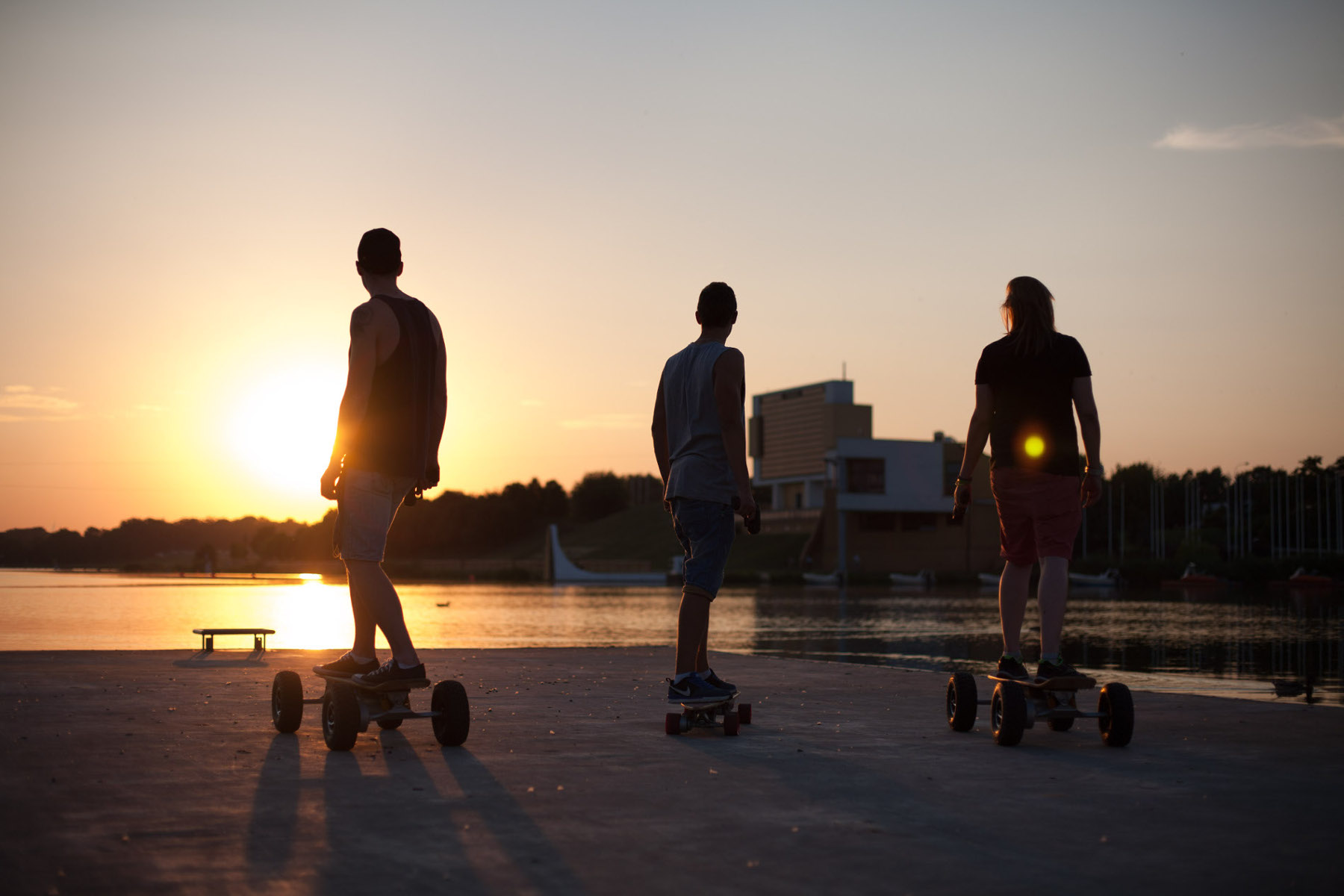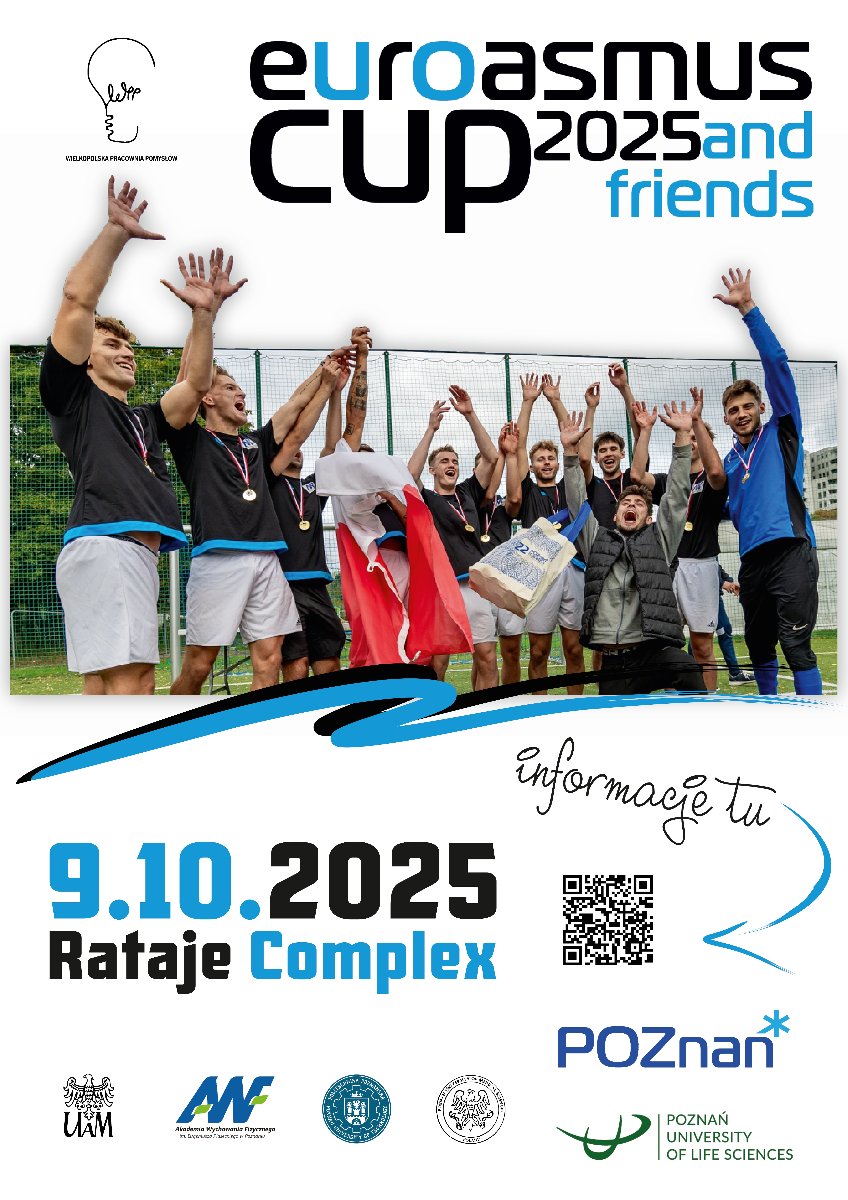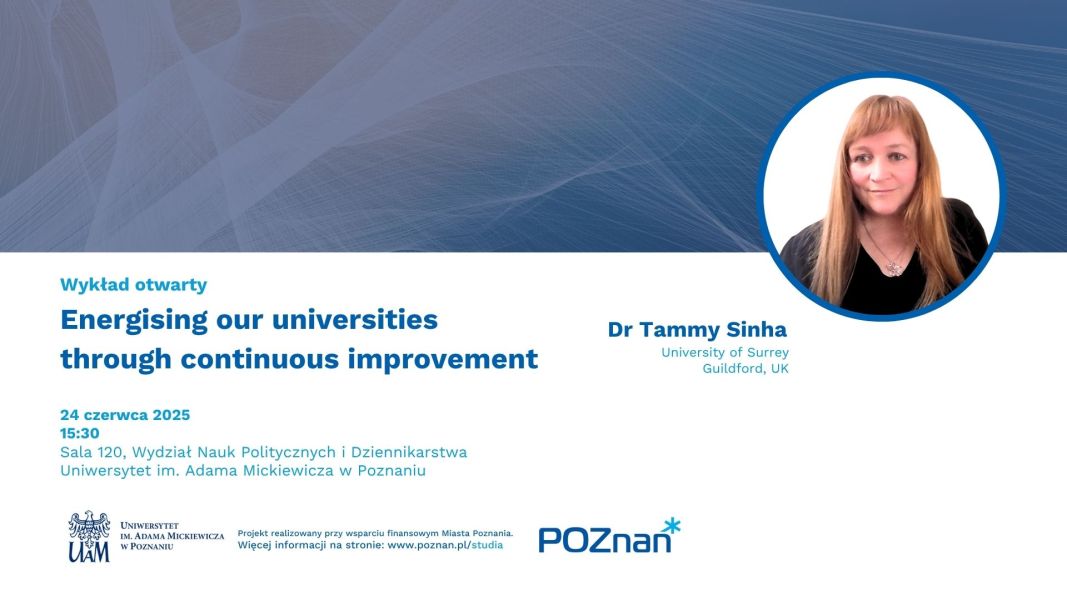Do you want to learn more about Polish youth? Read the report "Young Poles 2018"

Political engagement and democratic values
As authors of the research state: The passivity of the younger generation has been a fact of social life since the fall of communism. This hasn't changed significantly yet, although opinion polls indicate some increase in their participation, as the younger generation is apparently beginning to understand the value of democratic institutions. Indeed, despite their dissatisfaction with current political situation young Poles declare a strong interest in politics, they participate in general and local elections as well, but their involvement in social protests and demonstrations is surprisingly insignificant. When it comes to political system 9-in-10 prefer a democratic governing system. 2-in-10 would be open to undemocratic forms of government. At the same time, 55% would sacrifice some democratic principles for increased security, and 40% would for a higher standard of living (figure 1).
Diversity and equality
Another determinant that can be noticed is that for young Poles increasing ethnic and religious diversity are the least positive changes in European societies (44% consider it as a change for worse). Also, 33% claims that a greater acceptance of same-sex relationships changed Europe for worse. Issues related to gender equality are evaluated as the most positive changes (figure 2). What is interesting gender divergence is present on issues concerning women in leadership, same-sex relationships, and ethnic and religious diversity - female respondents seem to be more inclusive (figure 3).
Identity and religion
A majority of young Poles believes religious values should not play a role in politics (57%). But, as authors of this research claim: those from rural areas are more split on this question. 50% of this group believe religious values should play no role and 46% think they should play only a minor role. What is more nearly two-thirds do not think a true Pole should be Catholic (figure 5). Regarding identity core - most young Poles identify most strongly with their nation, then Europe and their religion (figure 4). To a lesser extent, they identify with the local community but it increases with the age of respondents. What is also quite interesting: 77% young Poles may feel proud of their history because they have acted more nobly than other nations.
Media consumption patterns and comparison
Last part of "Young Poles 2018" is devoted to media issues and comparison with Hungarian and Slovak youth, as the research was also conducted in these countries. When it comes to media consumption patterns 7-in-10 report Facebook as their most common source of political information. Also, traditional media use is low, especially public radio and printed press (figure 6). Young Poles consider economic and social welfare as top concerns, then corruption and the decline of democracy. They do not put a lot of attention to gender issues, climate change, national culture and terrorism. Comparing to Slovak and Hungarian youth Poles are the most interested in politics (figure 7).
If you want to learn more about the research, check out these links:
A full report from the research:"Youth, Democracy, and Politics: Poland. Survey results", NDI/IPA
And here you can find some interesting insights:
The Guardian's overview of national identity
ek
See more

EUROASMUS AND FRIENDS CUP 2025

UAM's stable position in the ARWU 2025 Shanghai ranking

Open lecture: "Energising Our Universities Through Continuous Improvement"








